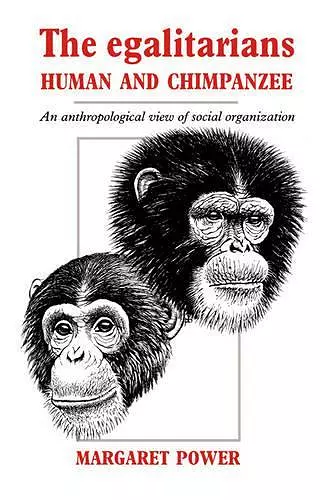The Egalitarians - Human and Chimpanzee
An Anthropological View of Social Organization
Format:Paperback
Publisher:Cambridge University Press
Published:22nd Aug '05
Currently unavailable, and unfortunately no date known when it will be back
This paperback is available in another edition too:
- Hardback£110.00(9780521400169)

An innovative book challenging the perceived view of chimpanzees as being aggressive and fiercely territorial.
Using data from (non-feeding) field studies the author shows that chimpanzees live peacefully in non-hierarchical groups on home ranges open to all. This highly and necessarily positive mutual dependence system is characteristic of both undisturbed chimpanzees and humans who live by the 'immediate-return' foraging system.This innovative book challenges the perceived view, based largely on long observation of artificially-fed chimpanzees in Gombe and Mahale National Parks, Tanzania, of the typical social behaviour of chimpanzees as aggressive, dominance seeking, and fiercely territorial. In polar opposition, all reports from naturalistic (non-feeding) field studies are of non-aggressive chimpanzees living peacefully in non-hierarchical groups, on home ranges open to all. These reports have been ignored and downgraded by most of the scientific community. By utilising the data from these studies the author is able to construct a model of an egalitarian form of social organisation, based on a fluid role relationship of mutual dependence between many charismatic chimpanzees of both sexes and other more dependent members. This highly and necessarily positive mutual dependence system is characteristic of both (undisturbed) chimpanzees and (undisturbed) humans who live by the 'immediate-return' foraging system.
"...does set out an interesting hypothesis and remind[s] us of some puzzling observations." American Journal of Physical Anthropology
"Although many may take exception to the conclusions of the author, the book should be useful to a broad range of readers interested in human and nonhuman primate social organization and its evolution." Choice
ISBN: 9780521018265
Dimensions: 229mm x 153mm x 18mm
Weight: 485g
312 pages